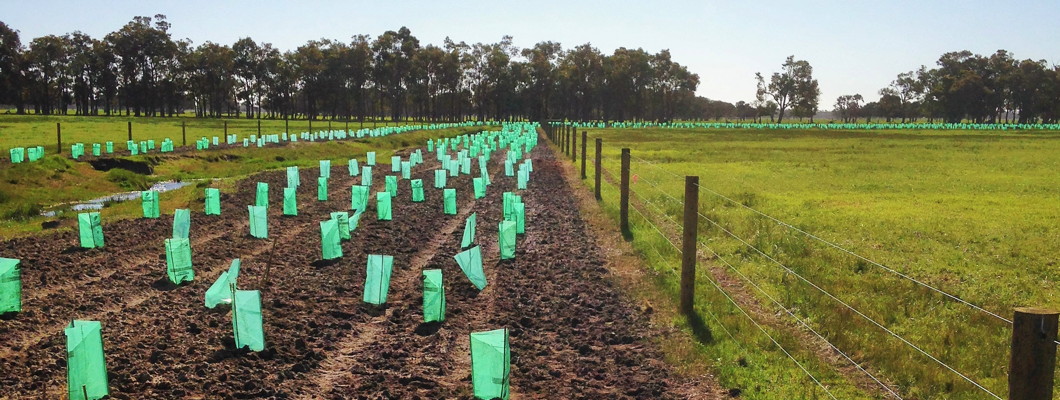
BioCollect is a project management tool for planning and implementing natural resource management (NRM) and environmental intervention projects. This was developed for environmental NGOs, NRM organisations and community groups (e.g. Landcare), and local government to create, manage and record data, communicate project outputs and outcomes to your communities.
“NRM projects” involve a sequence of activities undertaken on one or more sites over a period of time to achieve a planned environmental management outcome.
Many individual project activities involve assessing, identifying, collecting, planting, treating or monitoring plants and/or animals. The biodiversity occurrence data from NRM projects and the context in which it was recorded is useful to the broader scientific community (eg. revegetation, site restoration, seed collection, weed and pest management, etc.) and BioCollect allows it to be easily shared via the ALA.
CREATE your project – PLAN activities – RECORD what was done – TRACK implementation

Add your NRM project
Use for revegetation, site restoration, weed control and pest management projects
Features & benefits
- Have your own project website to communicate your project to your stakeholders, including stories, achievements, outcomes and event information.
- Easily create and manage your own project activity schedule.
- Attach all kinds of supplementary materials to your project.
- Easily manage membership and user roles in your project.
- Flexible yet simple to use project and activity configuration options.
- Standards-based components ensures that data can aggregate.
- Compatible with the MERIT system for Federal government funded projects.
- Avoid data loss and succession issues with a robust and persistent database.
- Seamless integration with the ALA.
- Automatic feeds of public data to other relevant systems.
- Mobile apps make your project accessible and portable.
- Review, manage and download your data.
- Real-time statistical summaries of your data.
- Organisation-based project discovery.
